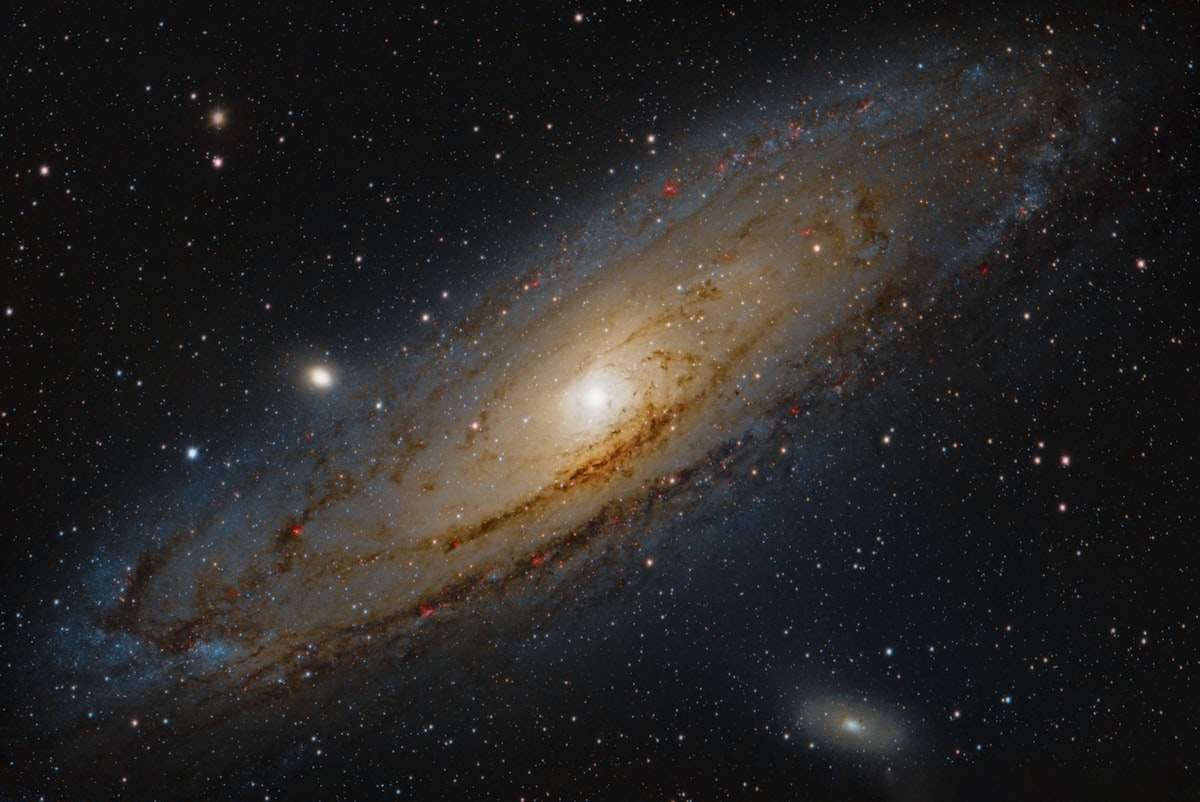The major components of the Universe are still unknown
Physicists Miguel Alcubierre Moya and Javier Santaolalla Camino spoke about the advances in science and what remains to be discovered to know more about the cosmos. Despite advances in science and technological equipment, most of its basic components are still unknown.

Despite advances in science and technological equipment that travel further and further into space, most of its basic components are still unknown, physicists agreed. The researcher and former director of the Institute of Nuclear Sciences (ICN) of the UNAM, Miguel Alcubierre Moya; and Javier Santaolalla Camino, Spanish science popularizer, explained that:
The cosmos has three major components discovered in recent decades: ordinary matter, of which we are made, atoms, stars and what we see, which is estimated at five percent; dark matter, which is theoretically inferred but no one has detected, occupies 25 percent; and dark energy, which makes up 70 percent of the energy of the Universe and what it is is not known with certainty either. In the conversation, moderated by Aleida Rueda, from the Center for Complexity Sciences (C3) of UNAM, Alcubierre Moya pointed out:
"In terms of modern Physics, the Universe began in the Big Bang, which we have known for about 20 years with great precision that it was 13.8 billion years ago, a little more than three times the age of the Earth." It is also known that it is expanding, but there is debate as to whether it is unlimited or whether it will collapse at some point. The knowledge we have today has also been verified by sending satellites to take measurements and obtain data for mathematical calculations.
Santaolalla Camino added: the most recent measurements point to the fact that it will continue to expand, but it depends on the content of matter and energy it contains. There is debate as to whether it will follow this trend at an accelerated rate forever, which would mean that it would end up shutting down or becoming extinct without energy. Other possibilities are that it is flat and continues to expand at a constant rate; or that it is closed due to the dominant gravity and ends up contracting, combining probable periods of expansion and contraction.
International research
During the Festival of Sciences and Humanities 2021, researchers pointed out that science in ancient times, even up to the first half of the 20th century, was carried out individually or in small groups working in laboratories, with notable people in particular. However, today we speak of a collective science, increasingly inclusive and international, in which international collaborations are common in physics and astronomy to reach space and study galaxies as well as elementary particles. Alcubierre and Santaolalla agreed that scientists must set aside prejudices and allow science to correct itself.




